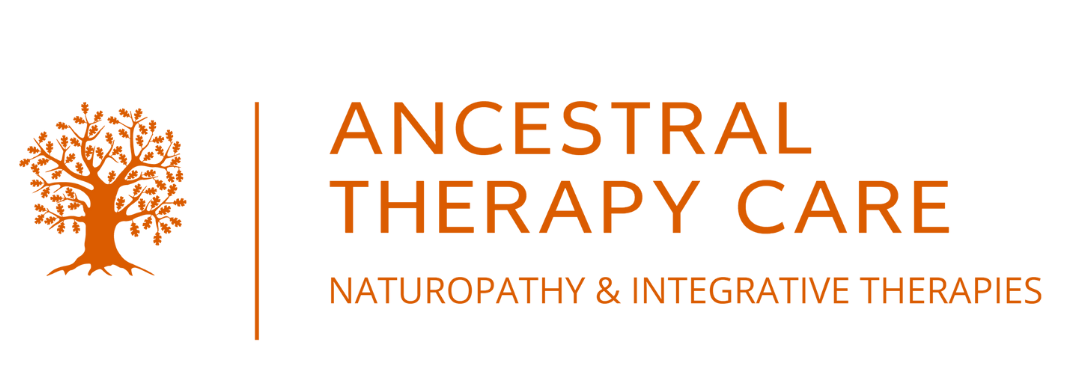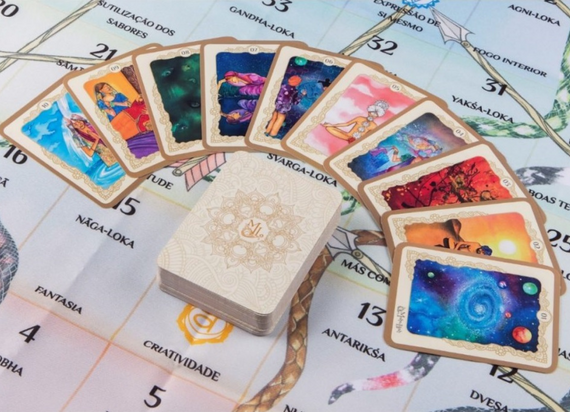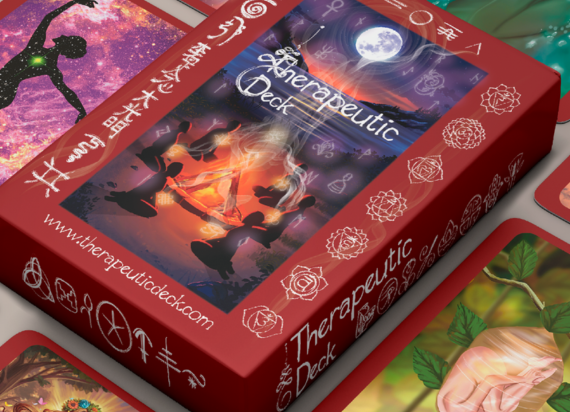What is it and for what type of complaint?
Psychogenealogy is a therapeutic practice derived from the studies of Anne Ancelin Schutzenberger, Françoise Dolto, Josephine Hilgard and the Palo Alto group, formed by therapists and researchers from various fields of science (anthropology, communication, history, psychology, psychiatry, sociology and theories evolutionary) in the 70s of the last century.
It is a transdisciplinary technique that brings together, in its theoretical basis, biodecoding, epigenetics, graphology, Ericksonian hypnosis, neuroscience, NLP - neurolinguistic programming, Jungian psychology and psychodrama. Psychogenealogy aims, through the comparative study of the subject's history with the history of the family unconscious, to promote a journey of self-knowledge and autonomy.
Traumas, affective bonds, significant events, dreams, expectations, secrets, suffering and difficulties, which run through the generational and transgenerational, say a lot about the family system and its organization. From the family clan, we inherit not only monetary, genetic (genotype and phenotype) and behavioral aspects, but also moral values and beliefs. During the therapeutic process, several tools are used, such as the genosociogram (family tree), the patient's life history, among others, to identify and treat the effects of transgenerational transmission on the individual.
Knowing our ancestors, their paths and their stories, we allow ourselves to understand and realize that many of the blocks, difficulties, fears and illnesses are not really ours (individual suffering), but were issues that were lived, poorly elaborated and transferred from generation to generation. (suffering from the family system).
However, awareness can be one of the actions of reparation, reframing and resolution of the perpetuation of the conflict. Via psychogenealogy, we discover invisible and unconscious loyalties that interfere with our decision-making, goals and dreams. Knowing our roots, we learn to value our ancestry and understand its impacts on future generations.
Duration: Each session lasts around 60 minutes.
Procedure: After the patient has reported on why he sought psychotherapy. The necessity and the feasibility of the patient to undergo or not the treatment will be evaluated. If so, several techniques can be used to assist the patient in his journey of self-knowledge and self-healing.
WHAT CAN I DO FOR YOU



